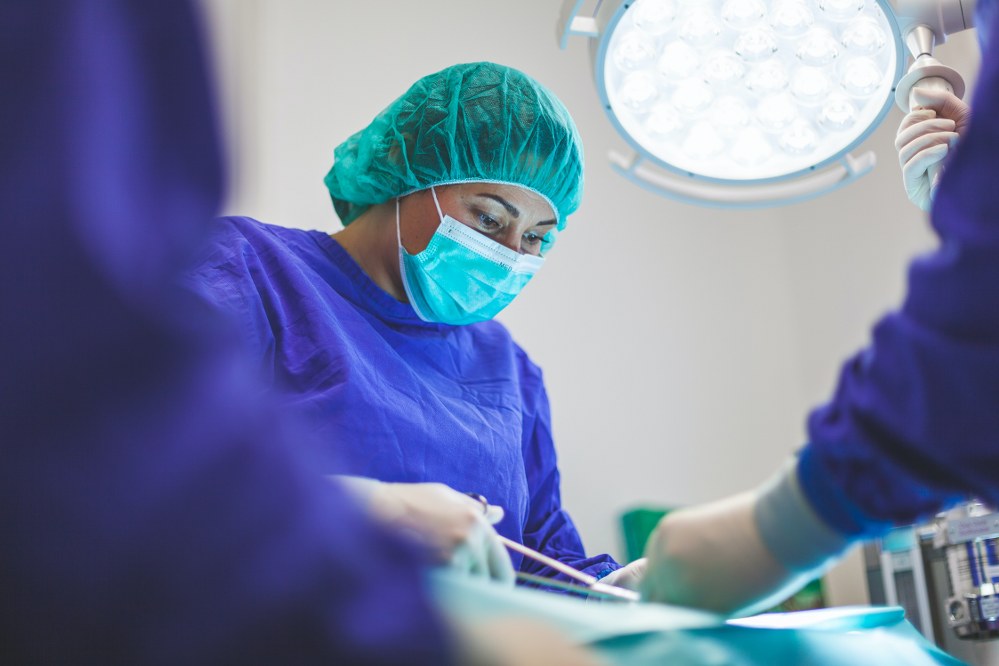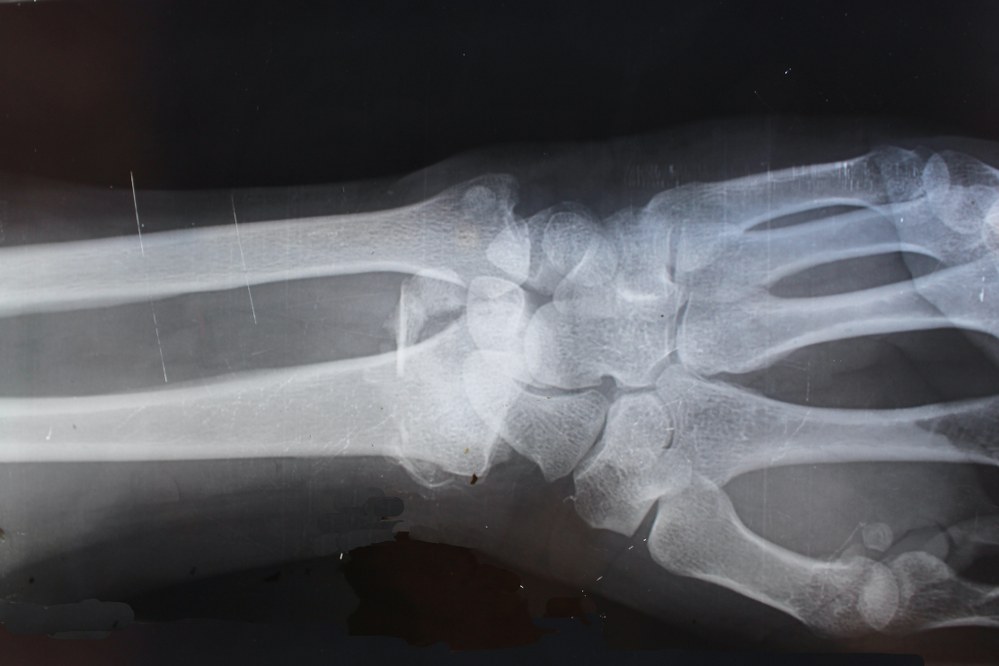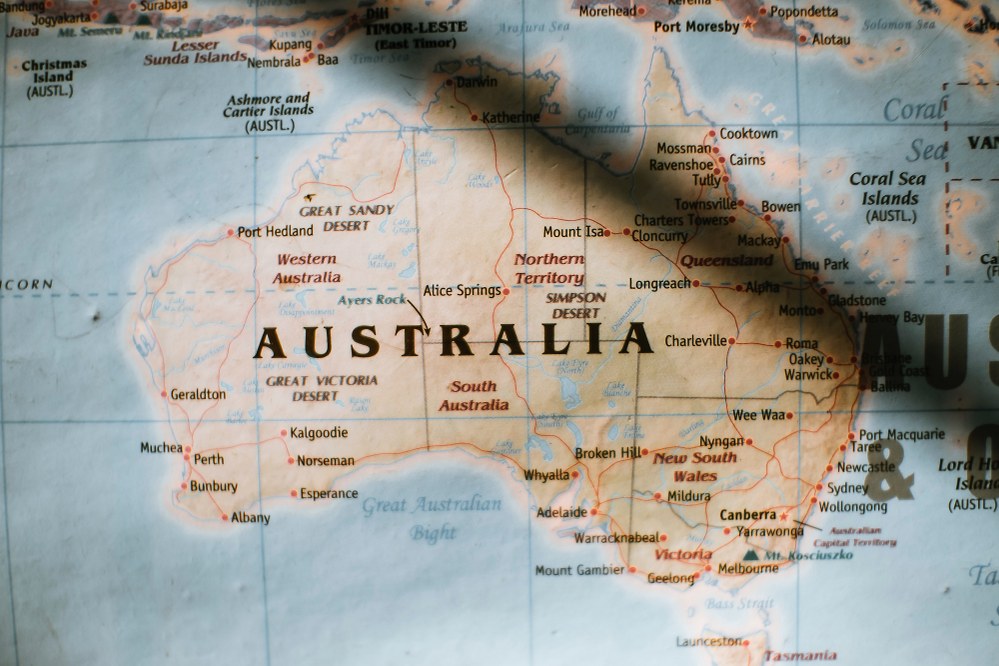Medical tourism or going overseas for medical or cosmetic treatment is continuing to be a growing industry. Patients book flights to countries for various medical procedures ranging from cosmetic surgery and dental work to orthopaedic procedures at affordable rates. The temptation of cheaper treatment or skipping long waiting lists back home is great, especially when you are desperate to treat an ailment or fix a cosmetic flaw. And when you can improve your health or looks, whilst taking in beautiful sights in a foreign destination, what’s not to like?
As exciting as it might sound to combine your healthcare needs with a relaxing solo holiday, protecting your wellbeing must be your main priority. For this reason, it is vital to consider all risks and options before going abroad for treatment. Find out what you need to know before booking a medical tourism trip:
10 things to keep in mind when seeking treatment abroad:
1. Quality of healthcare
Not every nation has the same standards in healthcare as the UK’s NHS, private hospitals, and clinics. Some countries may have less stringent licensing and accreditation requirements. Also, poorer countries may use outdated or lower-quality medical devices or prescribe counterfeit medicines.
Additionally, access to renowned surgeons is crucial for advanced cosmetic surgeries like rhinoplasty, as these specialists possess the expertise and experience necessary to ensure optimal outcomes and minimize risks. Their proficiency in using the latest techniques and technologies can significantly enhance both the surgical process and the final aesthetic results.
You also need to bear in mind that communication with doctors, nurses, and medical support staff might prove an issue in a foreign country. If a practitioner doesn’t speak English as their first language, it may lead to misunderstandings. Equally, you might struggle to express when you have a problem before or after a procedure.
2. Risk of infectious diseases
The standard of healthcare both in the country and the clinic you choose will determine your risk of complications. Complications can happen in any medical procedure, but the danger to your health will be higher if your chosen facility has low healthcare standards and poor infection control. It is vital to learn as much as possible about a destination and clinic to reduce your risk of complications. For example, you might have a greater likelihood of contracting an infectious disease or infection, such as:
- hepatitis B
- hepatitis C
- HIV
- donor-derived infection
- bloodstream infection
- wound infection
3. Antibiotic resistance rate
Many medical tourists have contracted infectious diseases due to contracting drug-resistant bacteria. Before booking a trip abroad for treatment, you must gain an in-depth understanding of antibiotic resistance in your chosen country. Some nations have a history of high levels of antibiotic resistance, such as:
- China
- Kuwait
- The United States
The above three countries have a serious problem with antibiotic resistance, and the rate continues to grow in each nation.
4. Potential air travel complications
Most patients will need to wait between seven and ten days to travel by air after a medical or cosmetic procedure, as they will have an increased risk of health complications. Common air travel complications include blood clots or deep vein thrombosis (DVT).
For example, if you undergo abdominal or chest surgery, you must wait a minimum of ten days to avoid complications caused by atmospheric pressure. Also, if you have received laser treatment or cosmetic surgery on your face, nose, or eyelids, you must wait for a minimum of seven days before stepping onto a plane.
Always check with your airline before booking a trip for medical treatment abroad, as each company will have regulations about flying following surgery. Also, consult your doctor about your travel plans to protect your health following major surgery overseas.
5. Check treatment options back home
It is a smart idea to compare procedure options abroad with those available in the UK. Rather than travelling overseas, you could receive a value-for-money procedure from a respected UK hospital or clinic with meticulous standards. The overall package is not necessarily more expensive when you take off the cost of travel and hotel stays, not to mention the annual leave you have to take.
For instance, you don’t need to travel abroad for a hair transplant, as you could receive a premium procedure from Harley Street Hair Clinic, a UK leader in modern hair transplants that provides the highest standard of care. So, don’t dismiss UK providers without comparing first.
6. Your medical records
It is crucial to bring all your medical records with you when you go on a medical tourism trip, such as any scan or laboratory test results related to a medical condition. Also, you must inform your chosen facility of any allergies you have before a procedure.
Don’t forget to request a copy of your treatment from the overseas hospital or clinic, as you might need them in case of any health complications during travel or after your return.
7. The correct clinic or hospital
Make an informed choice by performing in-depth research on any hospital or clinic you are considering abroad. In addition to browsing the facility’s website, you must type their name into Google to find any negative press or online reviews. Make sure you check your sources and are reading objective feedback from past patients. You do not want to book a trip abroad because you read false testimonials. If unsure, look for a domestic treatment instead.
8. Visa requirements
Every country will have different visa requirements. Before organising a treatment at a hospital or clinic, remember to check if you need a visa to enter. Some countries have specific visas for medical treatment and a developed policy for international patients, allowing you to recover from surgery without fuss. Don’t forget to factor the cost of a visitor visa into your travel budget, as they can be expensive.
9. Paying for your medical tourism trip
Don’t forget to consider currency exchange fluctuations, payment options available, and financial requirements for entry. All of these might add to the cost of your trip.
VISA and Mastercard are universally accepted payment methods and add a degree of security by covering you for certain aspects of your trip. Don’t forget to inform your bank of your travel plans to ensure it doesn’t block transactions at a foreign destination.
10. Specialist travel insurance
Standard travel insurance will only provide financial cover for medical emergencies. For a medical tourism trip, you will need specialist medical travel insurance to cover any health and travel complications. The specialist insurance policy will provide peace of mind that your finances are protected if your trip is cancelled, or you experience a medical complication abroad following a procedure.
Conclusion
A medical tourism trip is a great way to combine medical, dental and cosmetic needs a with a fun holiday. Just be aware that the associated costs can add up to a figure that’s potentially higher than a UK procedure. It is important to consider every aspect of your trip including cost, healthcare standards, and any possible risks to ensure you make the correct decision for your health and your finances.
About Single Parents on Holiday:
To find out more about Single Parents on Holiday, go to our homepage and check out our holiday programme, which includes beach, farm, activity and ski holidays for single parents as well as solo ski holidays for any skiers lacking a travel buddy.




